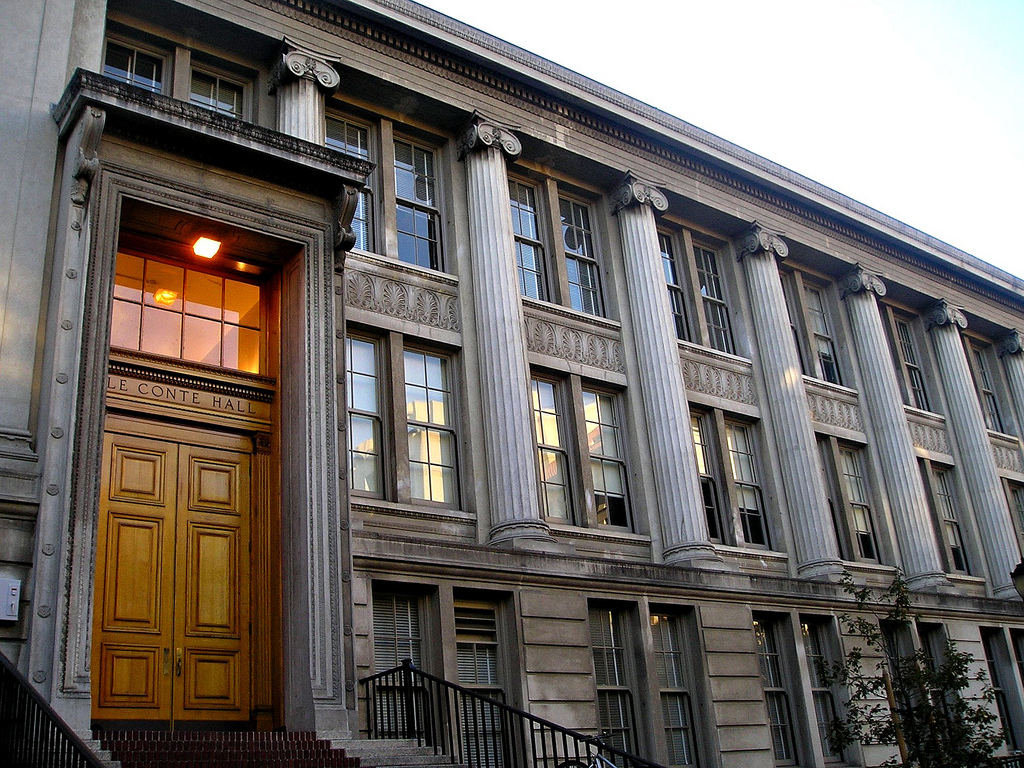Joseph “Joe” Weinberg (1917-2002) was an American physicist.
Weinberg was a precocious young scientist who began his educational career at the age of 15 at the City College of New York. After receiving his M.S. from the University of Wisconsin, Madison, he arrived at the Radiation Lab at the University of California, Berkeley, in 1938. J. Robert Oppenheimer quickly took to the sharp young physicist, and Weinberg became part of an intimate group of Berkeley graduate students who worked with Oppenheimer at the Rad Lab.
Many of those same students would receive opportunities to work at Los Alamos on the Manhattan Project. Weinberg, however, would not be given the chance, after it was discovered that he had ties to the Communist Party. In fact, in 1943, the FBI illegally recorded Weinberg discussing details about an atomic bomb–and the work being done at Berkeley to create one–with local Communist Party leader Steve Nelson.
In 1949, the House Un-American Activities Committee (HUAC) launched an investigation into Weinberg. At his hearing, he flatly denied ever having met Nelson. Despite this, HUAC branded him as “Scientist X” and accused him of spying for the Soviet government. Sensationalist media stories ran with the “Scientist X” moniker. One even accused Weinberg of hand-delivering uranium-235 to the Soviets.
The charges weighed heavily on Weinberg, and he was indicted for perjury in 1952. Even though he would eventually be acquitted less than a year later, he lost his professorship at the University of Minnesota and his career trajectory was negatively impacted. It would take him several years to restore his legitimacy in the field. He eventually became a distinguished professor at Syracuse University.





